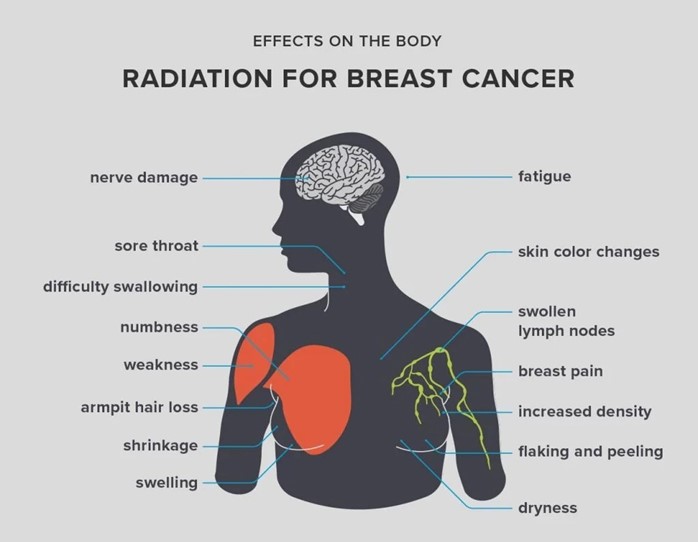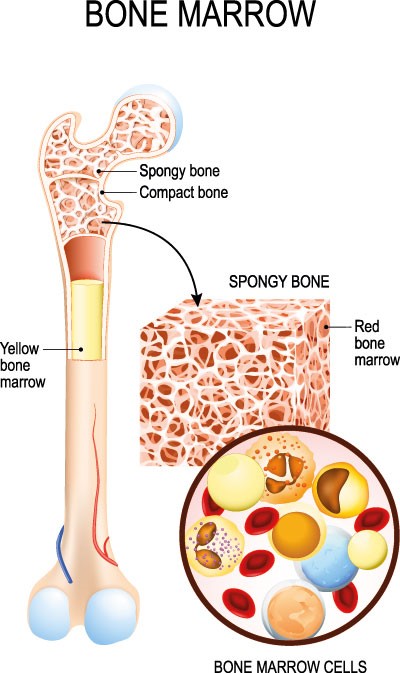A maternity client is in need of surgery. Which healthcare member is legally responsible for obtaining informed consent for an invasive procedure?
The social worker
The nurse
The physician
The unit secretary
The Correct Answer is C
Choice A: The social worker is not the correct answer because they are not legally responsible for obtaining informed consent for an invasive procedure. The social worker is a professional who provides psychosocial support and advocacy for clients and families, such as counseling, referrals, or discharge planning.
Choice B: The nurse is not the correct answer because they are not legally responsible for obtaining informed consent for an invasive procedure. The nurse is a professional who provides direct care and education for clients and families, such as assessment, medication administration, or teaching. However, the nurse can assist the physician in obtaining informed consent by witnessing the client's signature, verifying the client's understanding, or documenting the process.
Choice C: The physician is the correct answer because they are legally responsible for obtaining informed consent for an invasive procedure. The physician is a professional who diagnoses and treats clients and families, such as performing surgery, prescribing medication, or ordering tests. The physician must explain the purpose, benefits, risks, alternatives, and consequences of the procedure to the client and obtain their voluntary agreement before proceeding.
Choice D: The unit secretary is not the correct answer because they are not legally responsible for obtaining informed consent for an invasive procedure. The unit secretary is a staff member who performs clerical and administrative tasks for the unit, such as answering phones, filing records, or scheduling appointments.

Nursing Test Bank
Naxlex Comprehensive Predictor Exams
Related Questions
Correct Answer is C
Explanation
Choice A: Diarrhea is not the correct answer because it is not a common adverse effect of radiation treatment for breast cancer. Diarrhea is a condition that causes loose, watery, or frequent stools. It can be caused by various factors such as infection, medication, or food intolerance. It is more likely to occur as an adverse effect of radiation treatment for cancers that affect the digestive system, such as colorectal or stomach cancer.
Choice B: Anorexia is not the correct answer because it is not a common adverse effect of radiation treatment for breast cancer. Anorexia is a condition that causes loss of appetite or interest in food. It can be caused by various factors such as depression, stress, or nausea. It is more likely to occur as an adverse effect of chemotherapy or other systemic treatments for cancer that affect the whole body.
Choice C: Fatigue is the correct answer because it is a common adverse effect of radiation treatment for breast cancer. Fatigue is a condition that causes extreme tiredness or exhaustion that is not relieved by rest or sleep. It can be caused by various factors such as anemia, inflammation, or pain. It is a common adverse effect of radiation treatment for any type of cancer, as radiation can damage healthy cells and tissues and affect the body's energy production.
Choice D: Alopecia is not the correct answer because it is not a common adverse effect of radiation treatment for breast cancer. Alopecia is a condition that causes hair loss or thinning on the scalp or other parts of the body. It can be caused by various factors such as genetics, hormones, or infection. It is more likely to occur as an adverse effect of chemotherapy or other systemic treatments for cancer that affect the whole body.

Correct Answer is D
Explanation
Choice A: Vomiting is not the most serious side effect because it is a common and manageable side effect of chemotherapy. Vomiting is a reflex action that expels the contents of the stomach through the mouth. It can be caused by various factors such as nausea, motion sickness, or infection. It can also be caused by chemotherapy, which can irritate the lining of the stomach or trigger the vomiting center in the brain. Vomiting can be prevented or treated with antiemetic drugs, hydration, and dietary changes.
Choice B: Fatigue is not the most serious side effect because it is a common and manageable side effect of chemotherapy. Fatigue is a condition that causes extreme tiredness or exhaustion that is not relieved by rest or sleep. It can be caused by various factors such as anemia, inflammation, or pain. It can also be caused by chemotherapy, which can damage healthy cells and tissues and affect the body's energy production. Fatigue can be managed with exercise, nutrition, and stress reduction.
Choice C: Hair loss is not the most serious side effect because it is a common and temporary side effect of chemotherapy. Hair loss is a condition that causes hair to fall out from the scalp or other parts of the body. It can be caused by various factors such as genetics, hormones, or infection. It can also be caused by chemotherapy, which can target rapidly dividing cells such as hair follicles and prevent hair growth. Hair loss usually occurs within two to four weeks after starting chemotherapy and reverses within six months after stopping chemotherapy.
Choice D: Myelosuppression is the most serious side effect because it is a rare and life-threatening side effect of chemotherapy. Myelosuppression is a condition that causes a decrease in the production of blood cells in the bone marrow. It can lead to anemia (low red blood cells), neutropenia (low white blood cells), and thrombocytopenia (low platelets), which can cause symptoms such as weakness, infection, and bleeding. It can also be caused by chemotherapy, which can target rapidly dividing cells such as bone marrow cells and impair blood cell formation. Myelosuppression requires close monitoring and treatment with blood transfusions, growth factors, or antibiotics.

Whether you are a student looking to ace your exams or a practicing nurse seeking to enhance your expertise , our nursing education contents will empower you with the confidence and competence to make a difference in the lives of patients and become a respected leader in the healthcare field.
Visit Naxlex, invest in your future and unlock endless possibilities with our unparalleled nursing education contents today
Report Wrong Answer on the Current Question
Do you disagree with the answer? If yes, what is your expected answer? Explain.
Kindly be descriptive with the issue you are facing.
